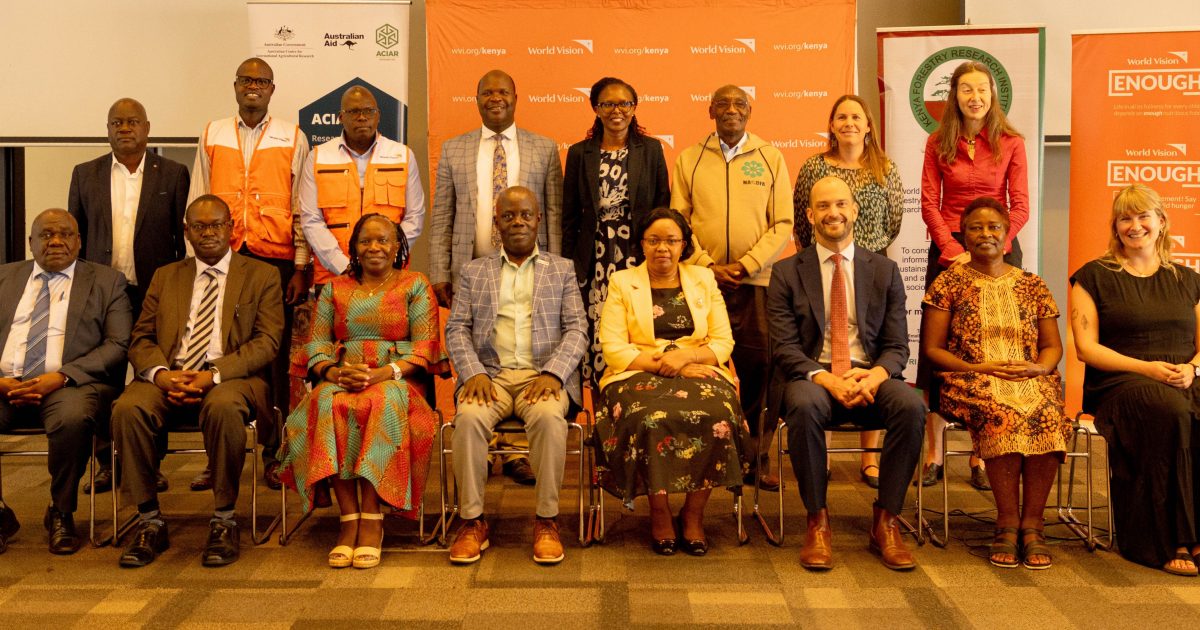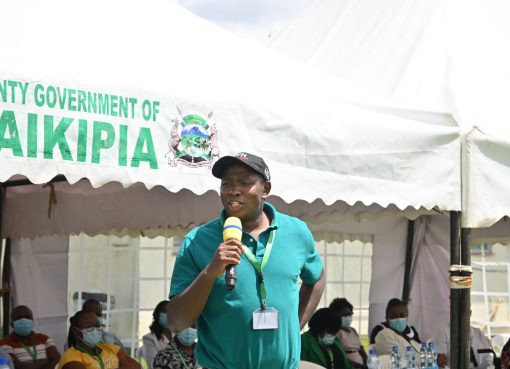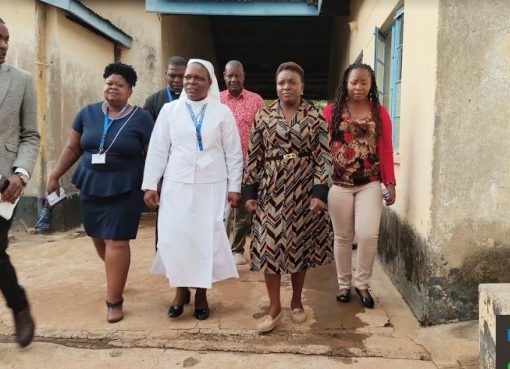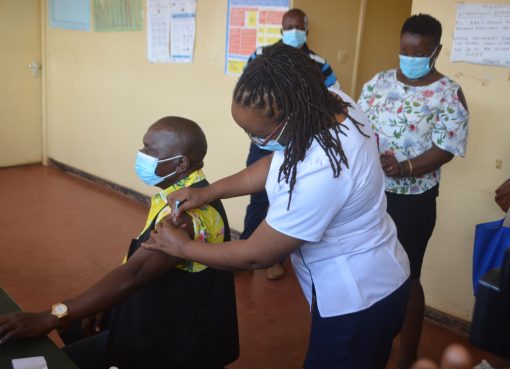The Australian government has supported the government with the Sh287 million meant for a project dubbed “Regreening for the Future.”
The project aims to equip researchers and farmers with the knowledge and skills to develop sustainable regreening initiatives that adapt to changing climate conditions.
The study will explore policies and support systems that empower communities to restore degraded landscapes, enhance food security, and enhance climate change resilience
Speaking when unveiling the project at a Nairobi hotel Dr. Jane Njuguna, Director of the Kenya Forestry Research Institute (KEFRI) said climate change is having a global impact, and Kenya is no exception, with its effects being felt across all sectors of social and economic development.
She added that the ‘Regreening for the Future’ initiative builds on long-standing partnerships with institutions and researchers in both Australia and Eastern Africa.
Thus, the project will empower farmers and researchers with the knowledge and tools necessary for developing sustainable regreening strategies that are adaptable to the evolving climate.
“The project will also investigate policies and support structures that enable communities to restore degraded landscapes, enhance food security, and build resilience against climate change,” she said.
Dr. Njuguna noted that the initiative aligns with Kenya’s government goals of restoring 10.6 million hectares of degraded land and increasing tree cover to 32% by 2032, as part of the African Forest Landscape Restoration Initiative (AFR 1000) and the Bonn Challenge.
Prof. Wendy Umberger, Chief Executive of the Australian Centre for International Agricultural Research (ACIAR) said that as climate change intensifies land degradation, community-led regreening efforts must be climate-ready.
“The ‘Regreening for the Future’ project is a direct investment in the people—farmers, scientists, and policymakers—who are key to driving these changes. This initiative is part of a broader commitment from the Australian Government through ACIAR to support agricultural research and capacity-building in Africa,” she added
Prof. Umberger emphasized that agricultural challenges in Africa and Australia are often shared, and Australia’s agricultural innovation system has valuable expertise that can benefit the African context.
“We recognize the immense knowledge that Africa offers in this space. As climate change intensifies land degradation, community-led regreening efforts must be climate-ready,” the CEO reiterated.
Gilbert Kamanga, National Director of World Vision Kenya said they are committed to restoring landscapes and building resilient communities to ensure a sustainable future for children, families, and communities.
“The ‘Regreening for the Future’ project is a timely and transformative initiative that will empower farmers and communities with the knowledge, tools, and policy support needed to restore degraded ecosystems and enhance food security,” he added.
Supported by the Australian Centre for International Agricultural Research (ACIAR), this collaborative project involves key partners, including World Vision Australia, World Vision Kenya, KEFRI, the Center for International Forestry Research (CIFOR-ICRAF), the University of Nairobi, and the United Nations University.
Its primary objective is to explore effective adaptation strategies that enhance community-driven regreening initiatives and accelerate the restoration of degraded landscapes in Kenya.
Key highlights of the initiative include focus on community-led regreening: empowering farmers and communities with knowledge and tools for sustainable land management.
By Wangari Ndirangu





